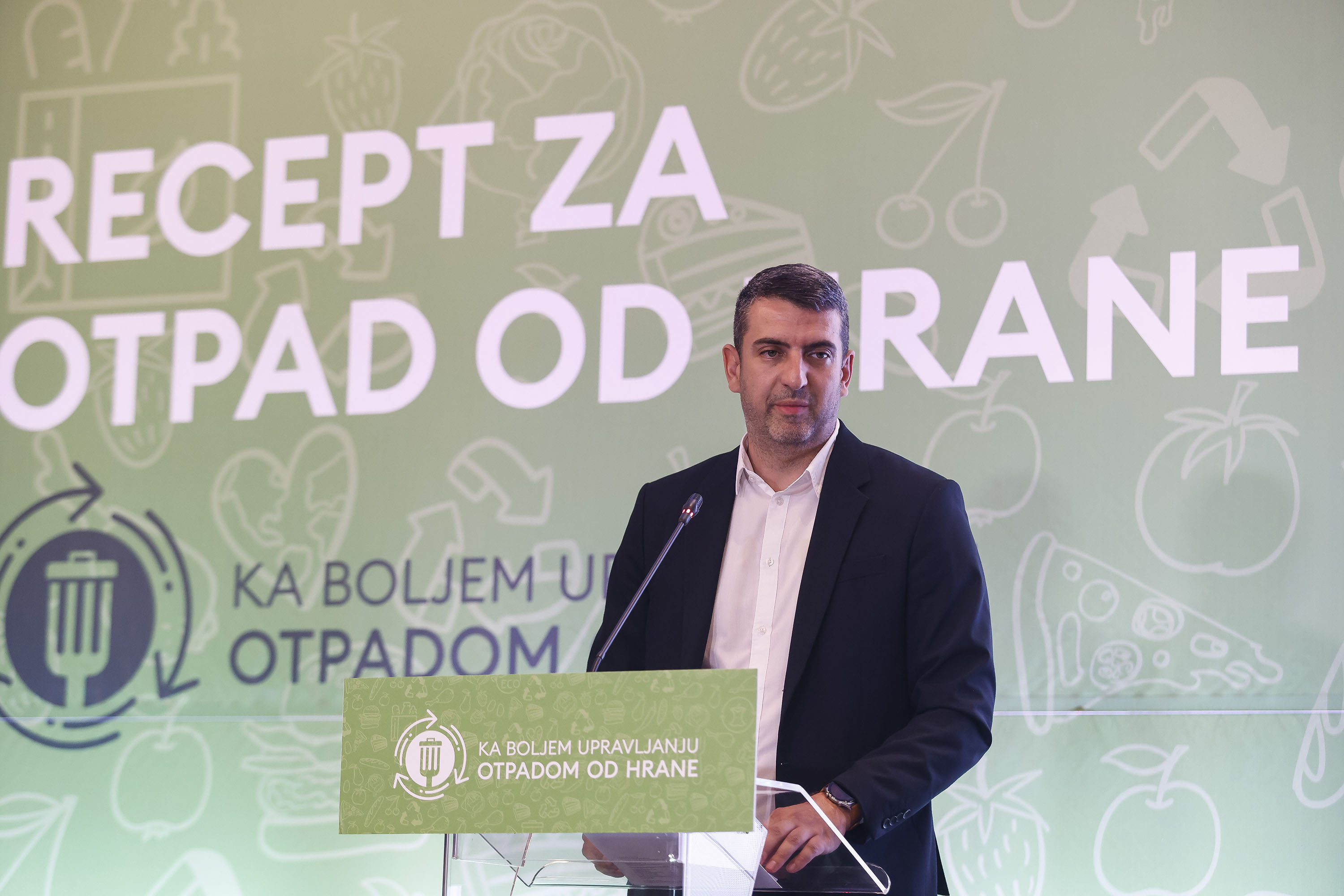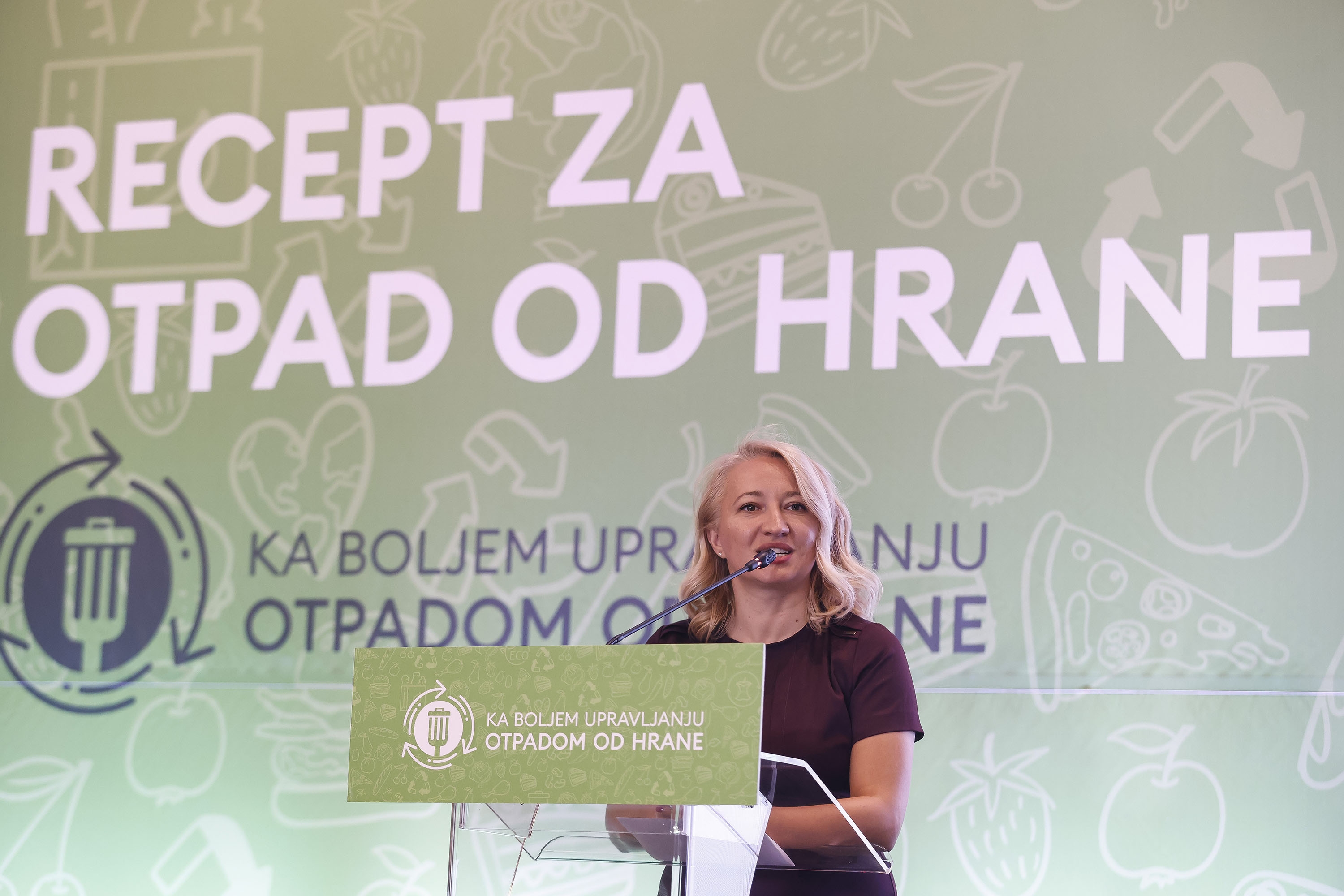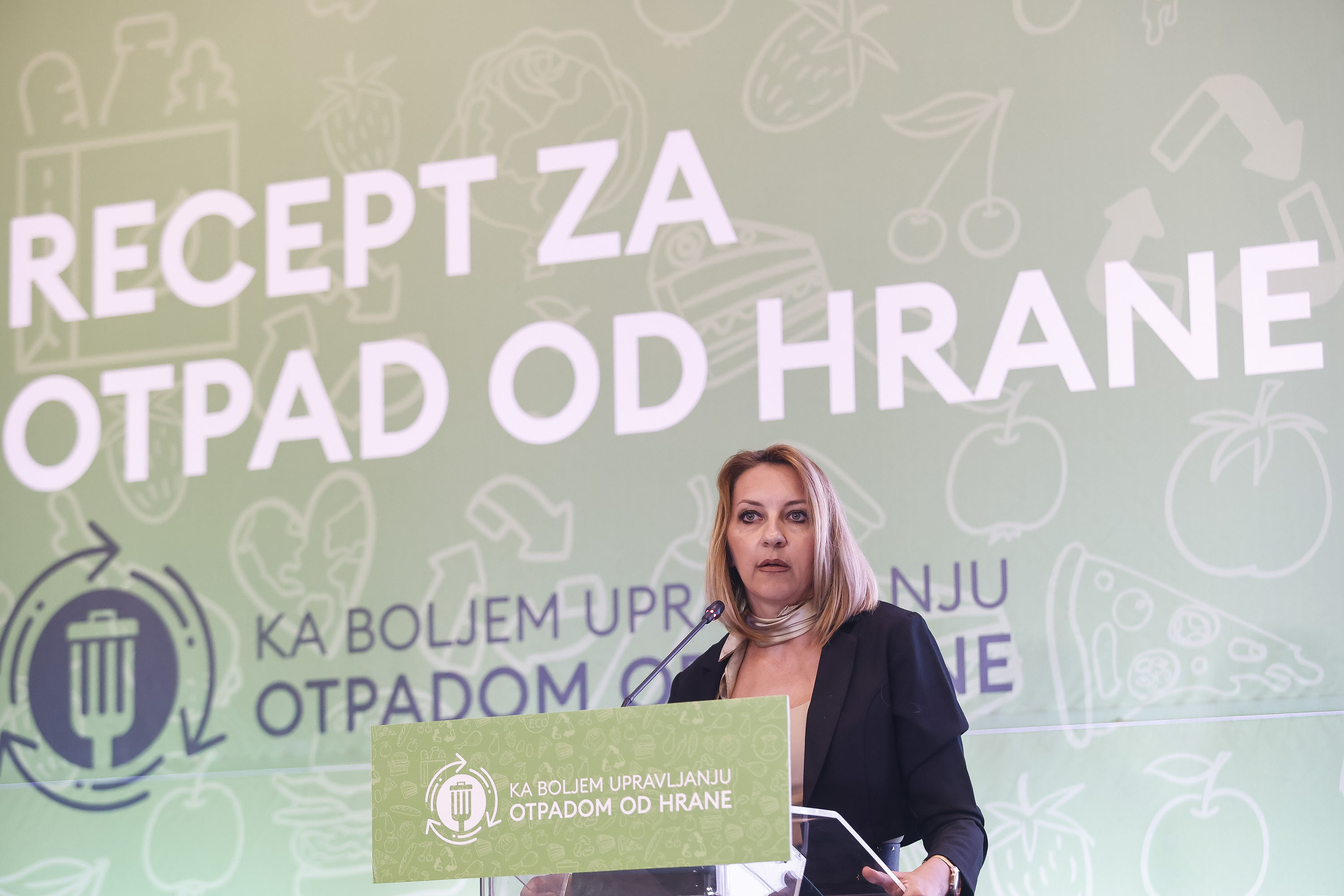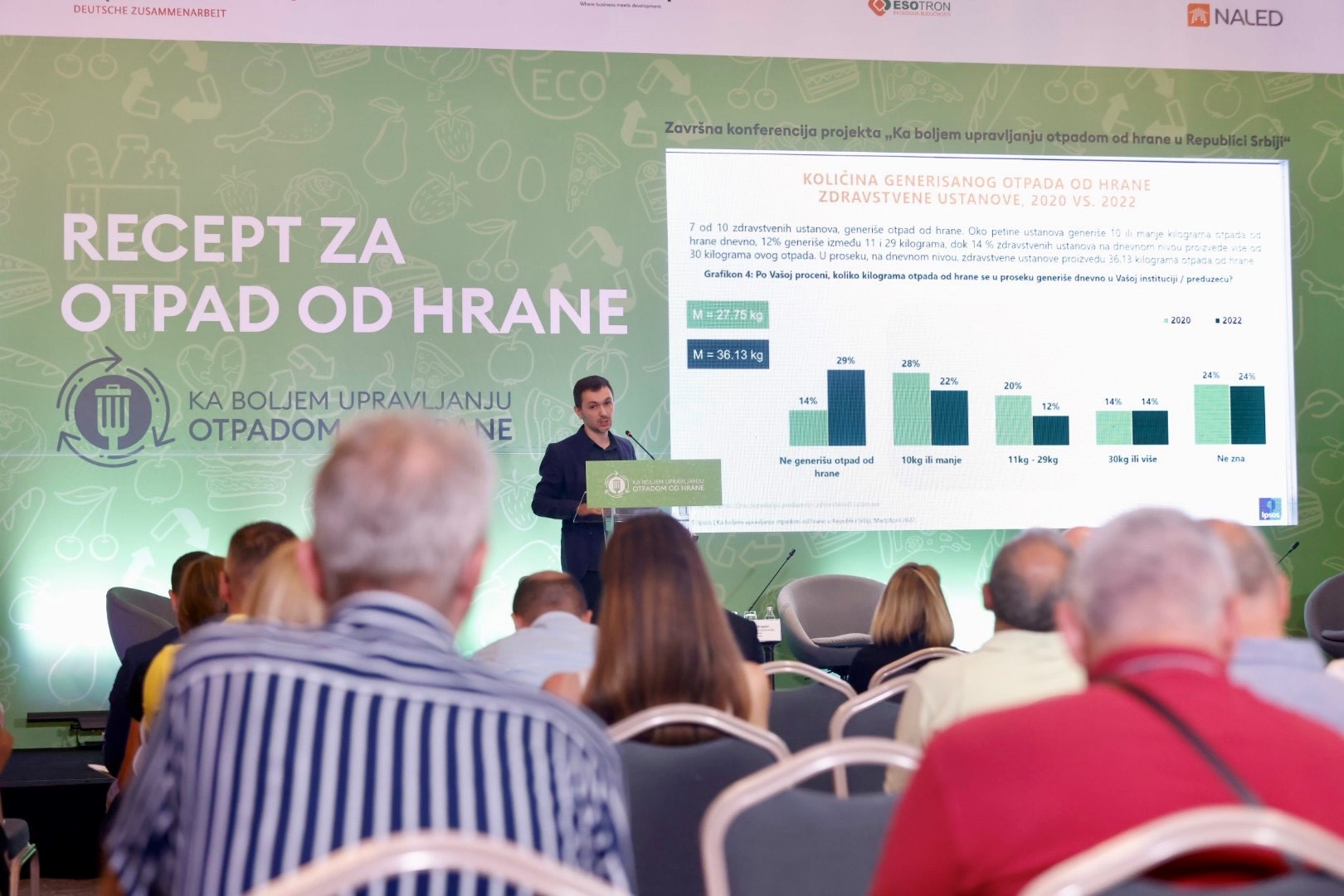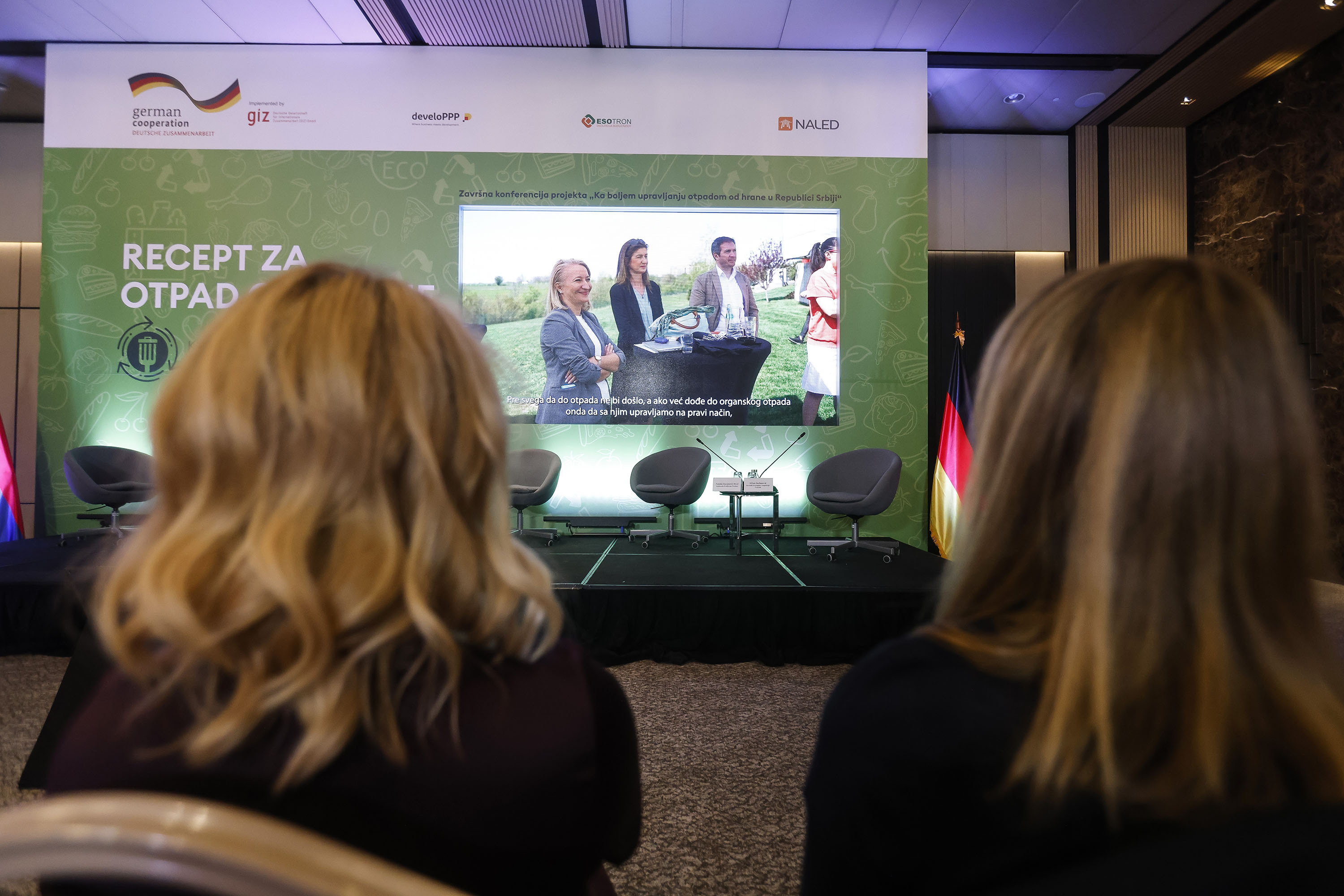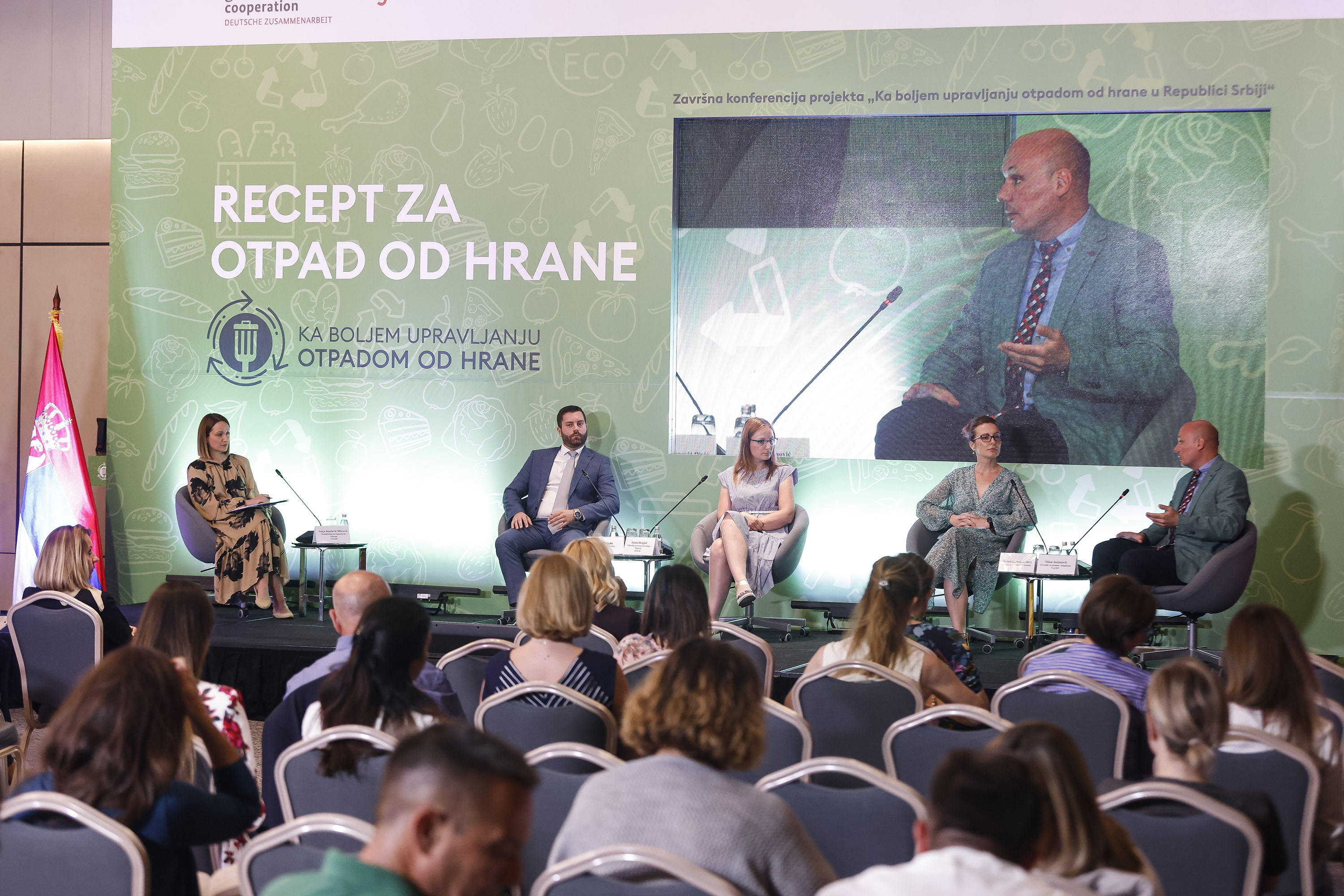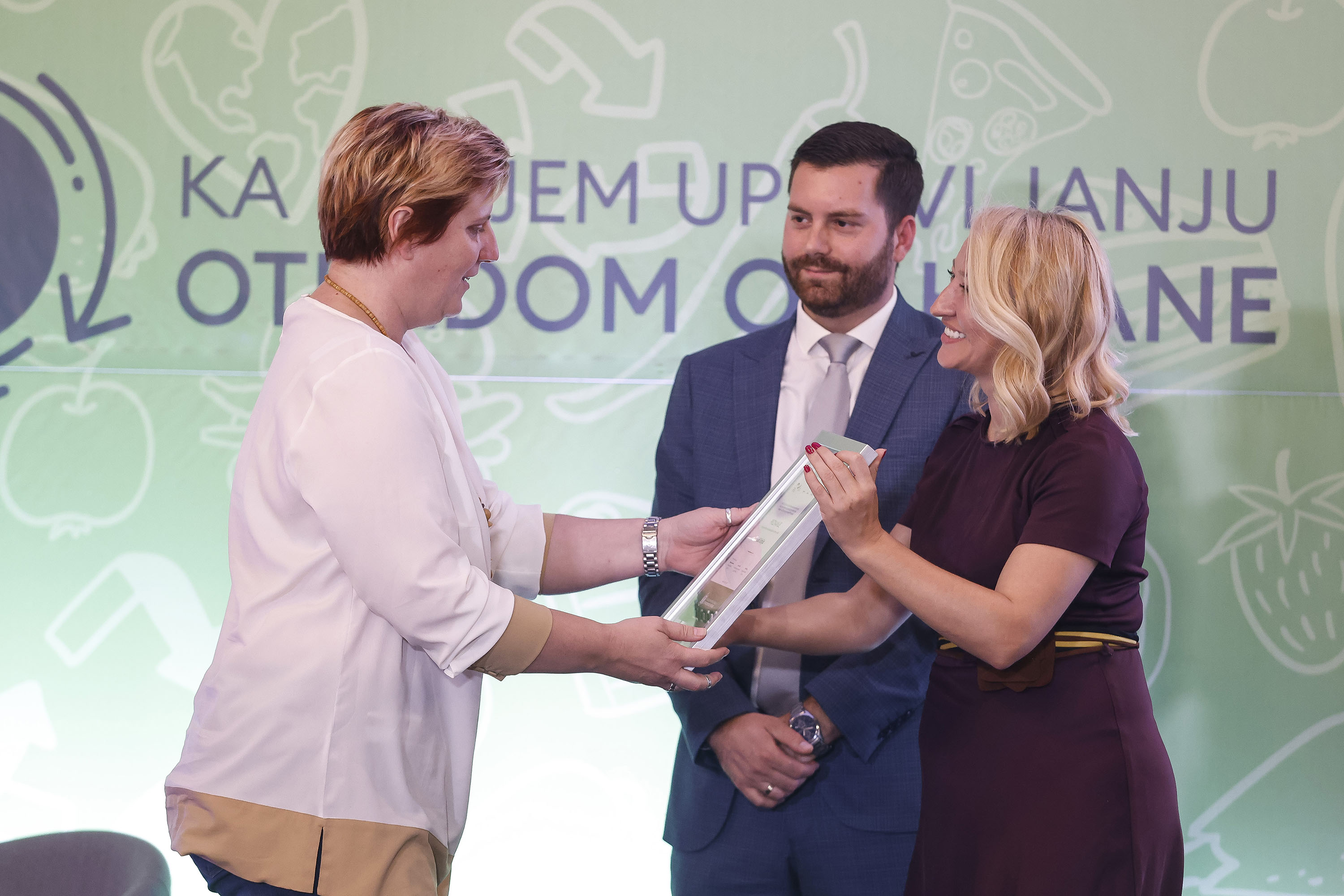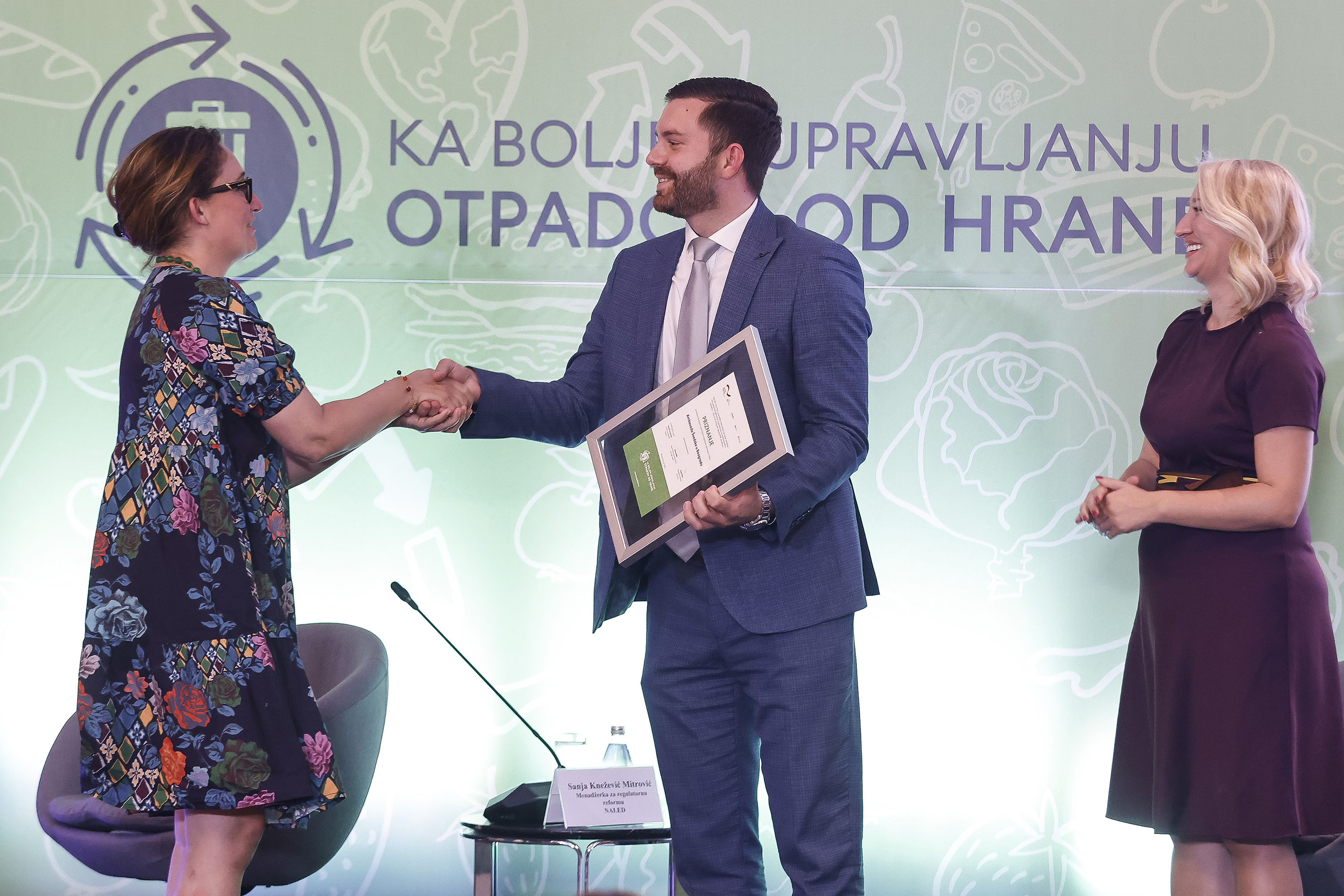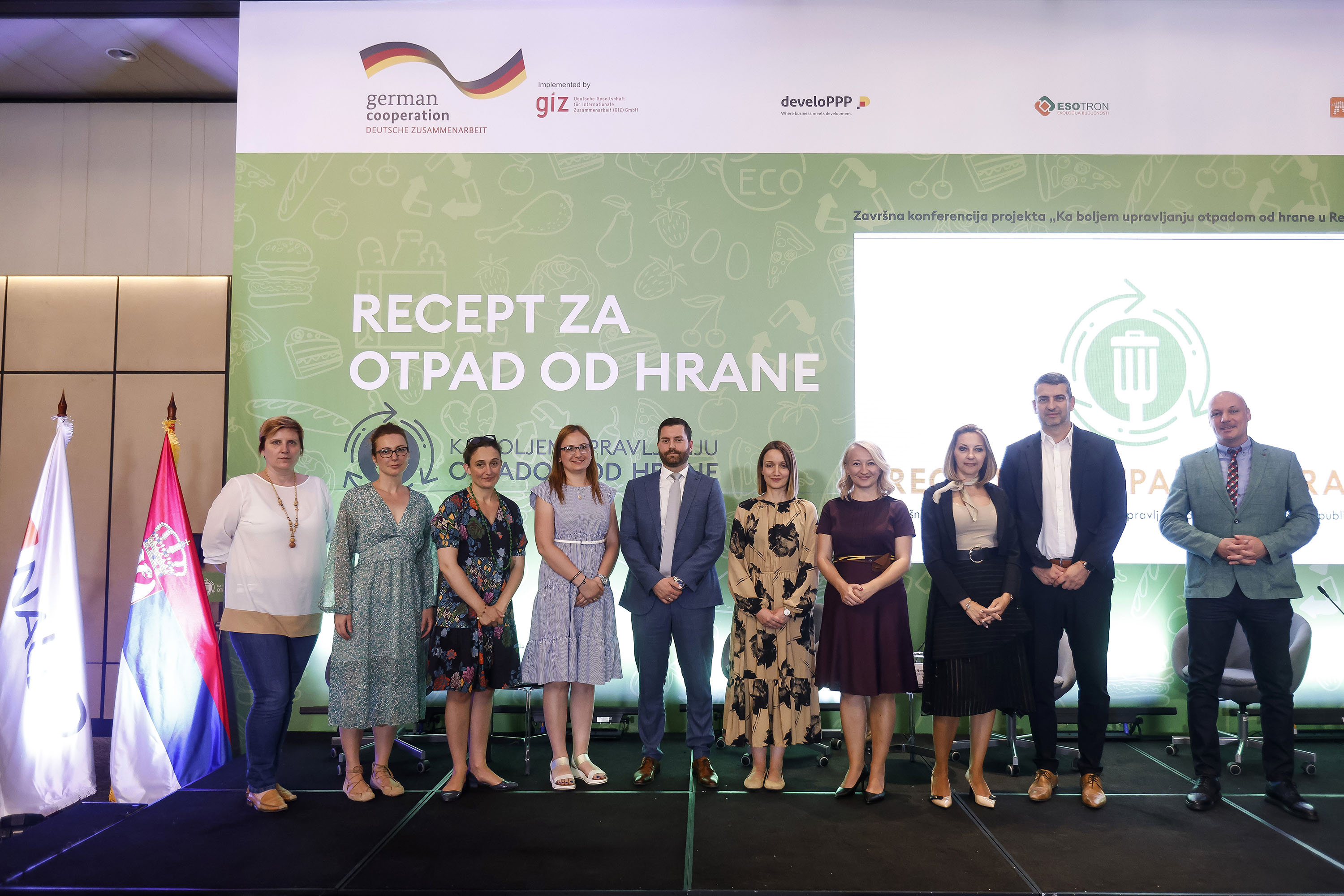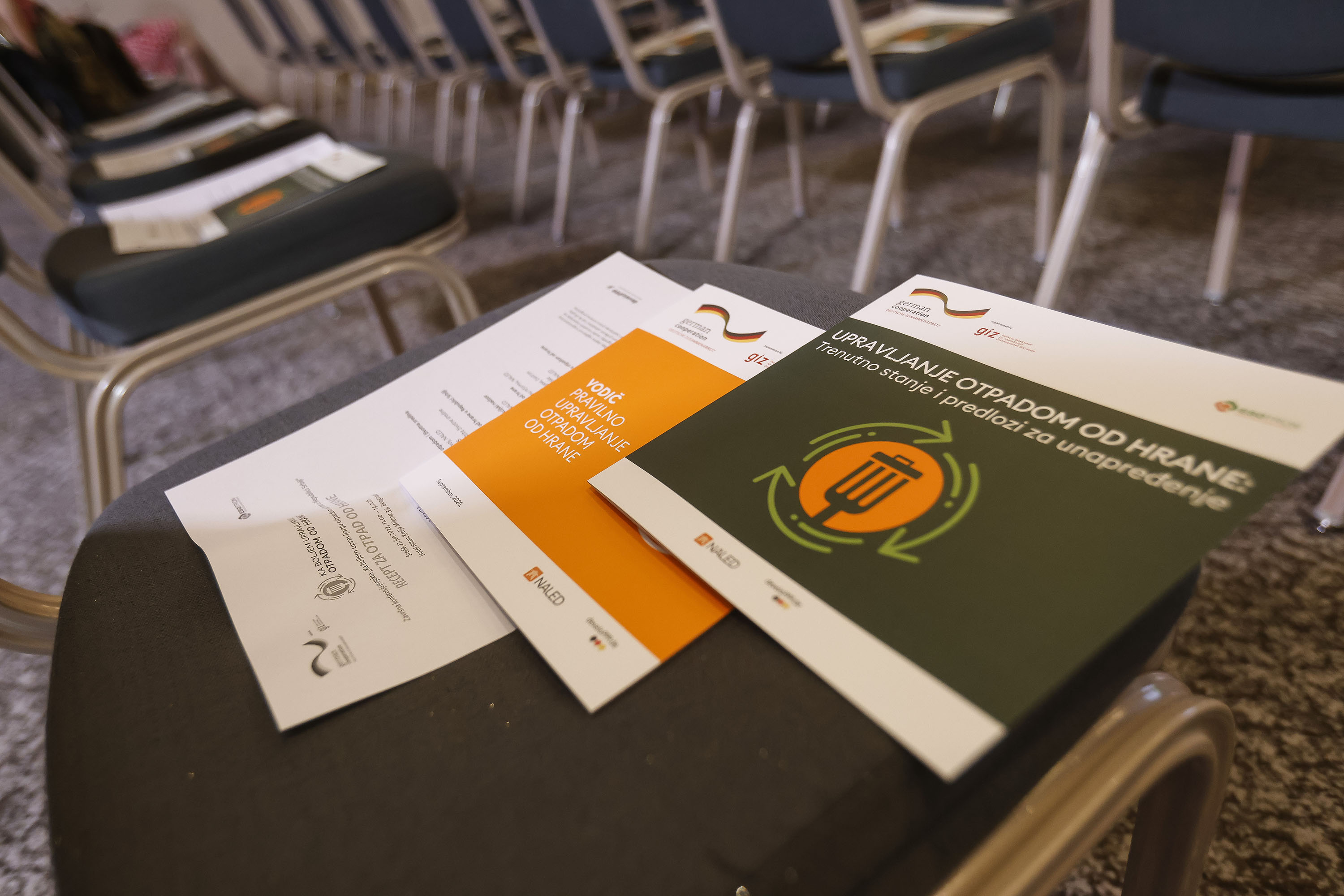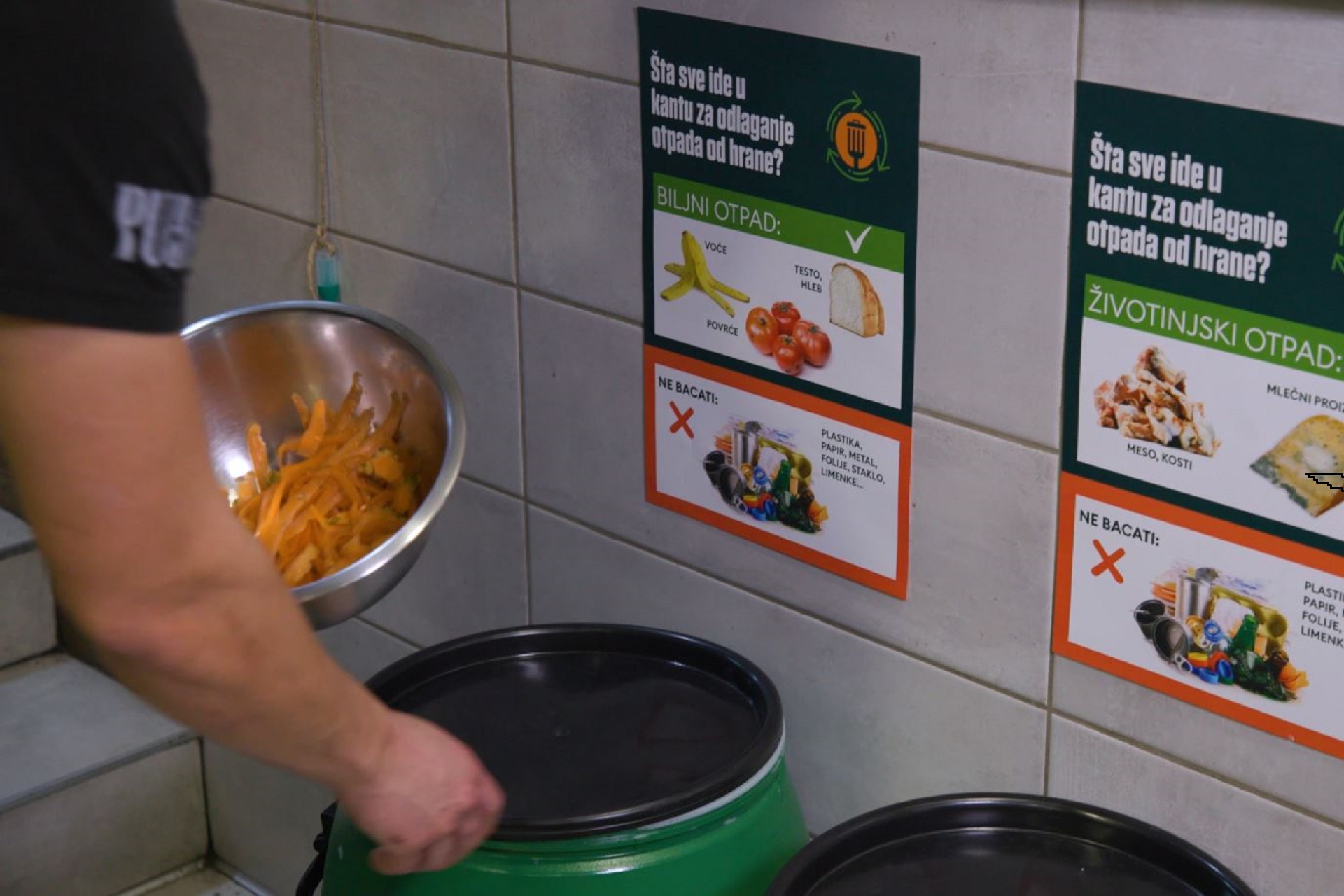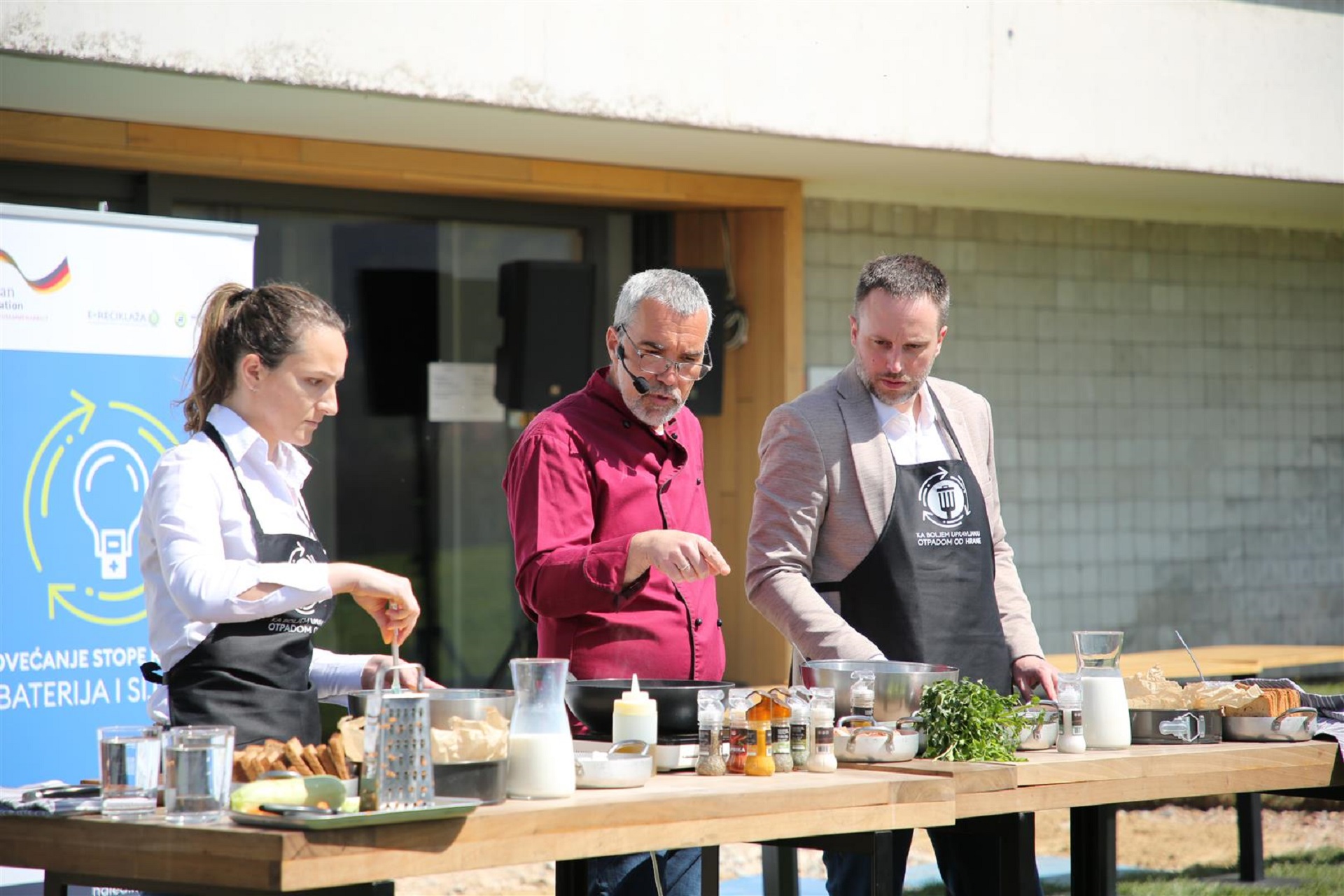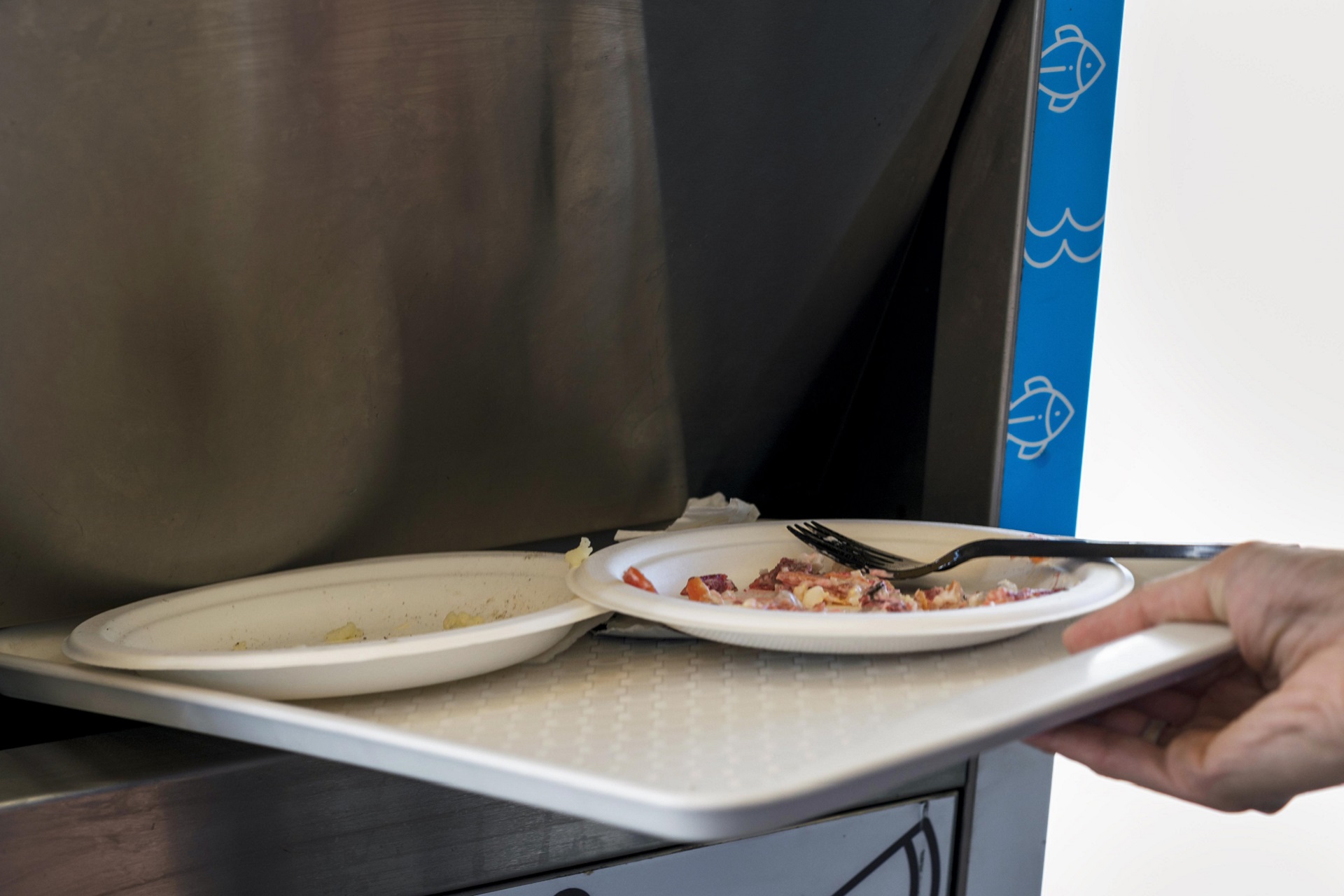The key to less food waste in landfills: Incentives and awareness spreading
Lack of incentives, level of knowledge and interest of companies and health care institutions are three main obstacles to responsible food waste management, according to more than 80% of respondents within relevant sectors. The research conducted on large generators of food waste was presented today at the "Recipe for food waste" conference, with one of the main recommendations being introduction of the obligatory separation of food waste for those who make or serve more than 50 meals a day.
- The data shows that about 2.95 million tons of municipal waste are generated annually, with 40% being biowaste, which includes food waste. We are certain that the amount that ends up in landfills is extremely high and it needs to be reduced. What we can do as a society is begin with prevention measures - not to throw away things that can still be used - said Sandra Dokić, Assistant Minister of Environmental Protection.
At the gathering for the completion of the project "Towards better food waste management" organized by NALED, conducted by GIZ and the company Eso Tron, with the support of the German Development Cooperation, it was pointed out that most food waste is still transported to landfills. If not, it is rather used for animal feed and composting. The use of waste for energy purposes is still considered the rarest form of processing and an untapped potential.
- Renewable energy sources have an increasingly important role, and food is a valuable resource for obtaining them, which we have proven with this project. In the previous period, we managed to animate larger caterers and institutions, and with certain financial facilities, which we provided, we collected more than 1,300 tons of food waste. We further handed over this amount to the biogas treatment, and at the same time prevented the emission of more than 750 tons of carbon dioxide. If this practice became regular, we would stop the decay of organic compounds in landfills, which cause up to 300 fires a year - said the director for sustainable development at NALED Slobodan Krstović.
For the needs of the project, a survey was conducted by IPSOS, with results showing that in almost all companies, waste edible oil is handed over to the operator, while 43% of entrepreneurs separate food waste.
- Food waste is one of the largest waste streams in the world and as such represents a social, economic, and environmental challenge. As it is impossible to address such challenges without the involvement of the public, private and civil sectors, the importance of this project lies in the fact that through the engagement of all three sectors came a mutually beneficial solutions for both the economy and the society - said Zorica Bilic, national coordinator of GIZ Open Regional Fund MMS.
According to the report of the United Nations Environmental Protection Program, 83 kilograms of food are thrown away per capita per year in households in Serbia, which is 9 kg more than the world average. To reduce these quantities, additional education is needed for users and waste generators in the system, more rational procurement of food in households, as well as the introduction of facilities for large groceries, so they can donate goods that are about to expire.
On this occasion, guidelines for inspectors were presented, to primarily help businesspeople and public institutions to act responsibly and identify illegal ways of food waste management. One of the unsafe widespread practices is using food waste for animal nutrition.

